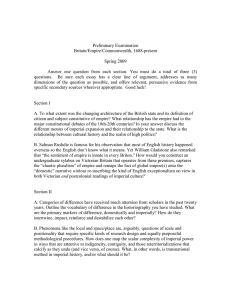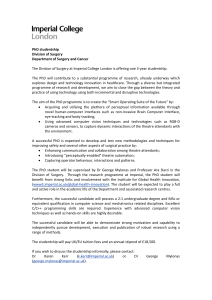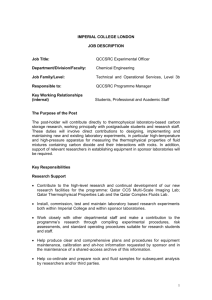Materials
advertisement
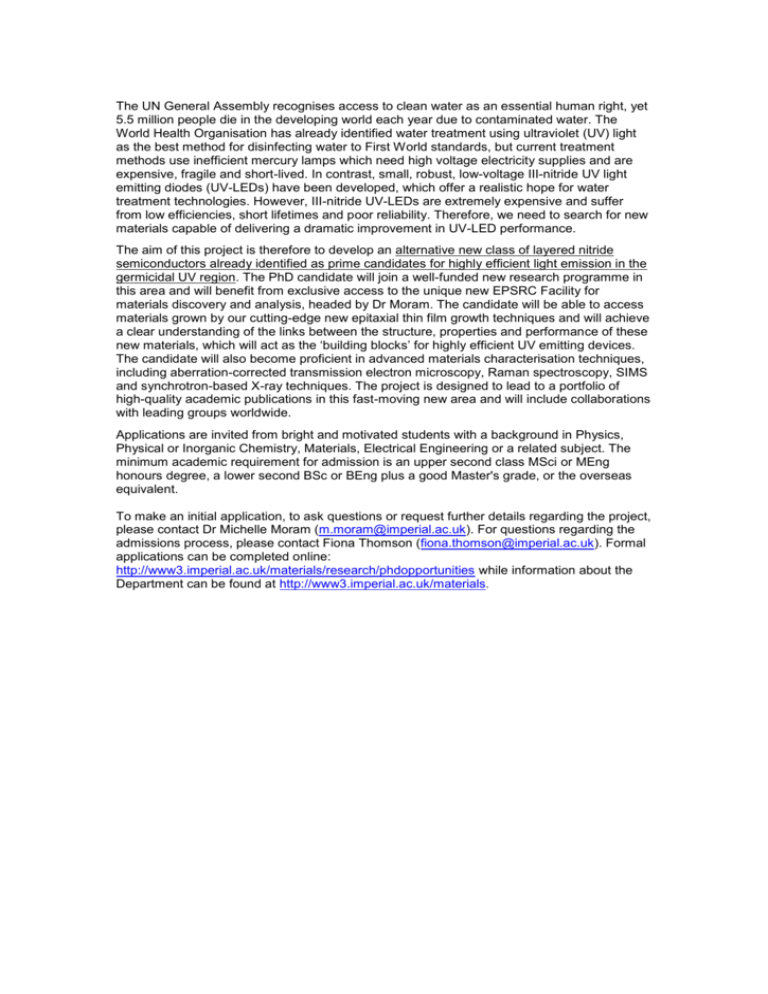
The UN General Assembly recognises access to clean water as an essential human right, yet 5.5 million people die in the developing world each year due to contaminated water. The World Health Organisation has already identified water treatment using ultraviolet (UV) light as the best method for disinfecting water to First World standards, but current treatment methods use inefficient mercury lamps which need high voltage electricity supplies and are expensive, fragile and short-lived. In contrast, small, robust, low-voltage III-nitride UV light emitting diodes (UV-LEDs) have been developed, which offer a realistic hope for water treatment technologies. However, III-nitride UV-LEDs are extremely expensive and suffer from low efficiencies, short lifetimes and poor reliability. Therefore, we need to search for new materials capable of delivering a dramatic improvement in UV-LED performance. The aim of this project is therefore to develop an alternative new class of layered nitride semiconductors already identified as prime candidates for highly efficient light emission in the germicidal UV region. The PhD candidate will join a well-funded new research programme in this area and will benefit from exclusive access to the unique new EPSRC Facility for materials discovery and analysis, headed by Dr Moram. The candidate will be able to access materials grown by our cutting-edge new epitaxial thin film growth techniques and will achieve a clear understanding of the links between the structure, properties and performance of these new materials, which will act as the ‘building blocks’ for highly efficient UV emitting devices. The candidate will also become proficient in advanced materials characterisation techniques, including aberration-corrected transmission electron microscopy, Raman spectroscopy, SIMS and synchrotron-based X-ray techniques. The project is designed to lead to a portfolio of high-quality academic publications in this fast-moving new area and will include collaborations with leading groups worldwide. Applications are invited from bright and motivated students with a background in Physics, Physical or Inorganic Chemistry, Materials, Electrical Engineering or a related subject. The minimum academic requirement for admission is an upper second class MSci or MEng honours degree, a lower second BSc or BEng plus a good Master's grade, or the overseas equivalent. To make an initial application, to ask questions or request further details regarding the project, please contact Dr Michelle Moram (m.moram@imperial.ac.uk). For questions regarding the admissions process, please contact Fiona Thomson (fiona.thomson@imperial.ac.uk). Formal applications can be completed online: http://www3.imperial.ac.uk/materials/research/phdopportunities while information about the Department can be found at http://www3.imperial.ac.uk/materials.
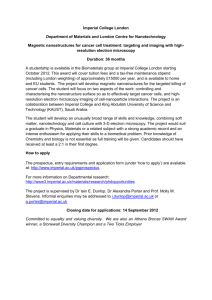
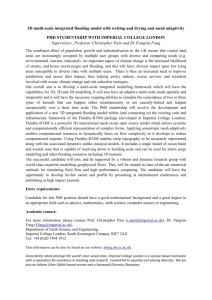


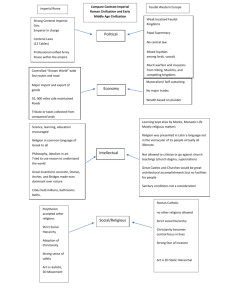
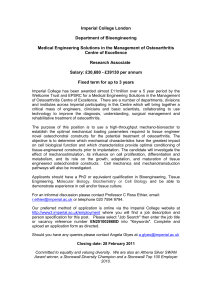

![Prof Jim Skea abstract and bio [DOCX 11.61KB]](http://s2.studylib.net/store/data/015015010_1-36608292abe33ff183c3888f45090b3d-300x300.png)

